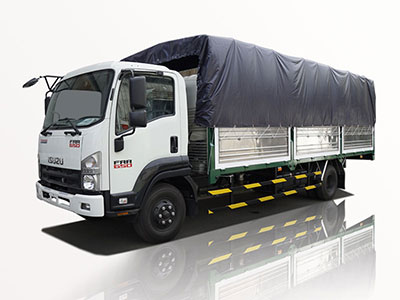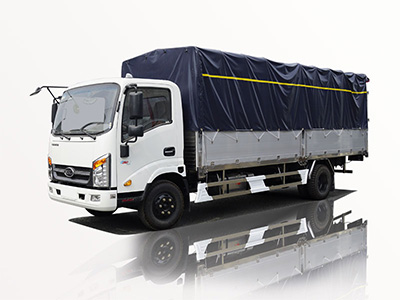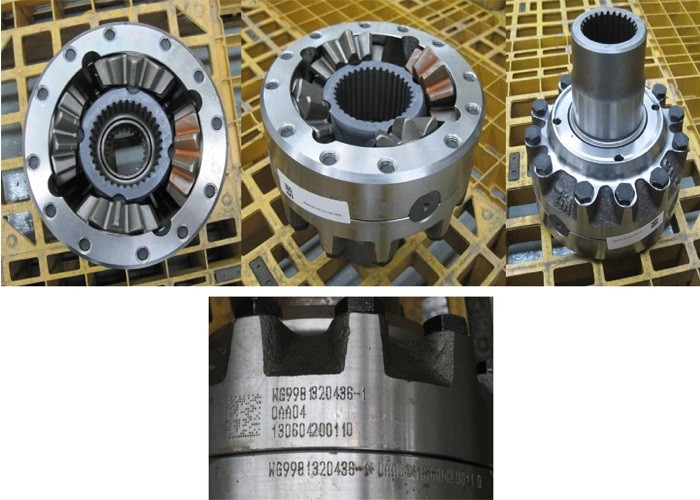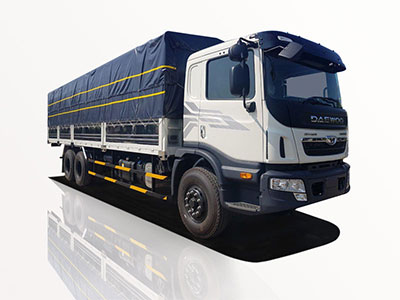In the world of construction and waste management, the skip loader is a key player. This versatile piece of machinery combines the features of a front-end loader and a dump truck, making it an essential tool on construction sites and for landscaping projects. In this article, we will explore everything there is to know about skip loaders, including their functionality, various applications, and much more.
What is a Skip Loader?
A skip loader is a type of construction equipment used primarily for loading, transporting, and placing materials. This machine is characterized by its small size and versatility, able to navigate different terrains with ease. A skip loader typically features a front bucket for loading and a rear platform for carrying a skip or small dump truck-style container, making it ideal for various tasks.
Key Features of Skip Loaders
1. Design and Build
Skip loaders are designed with a compact structure, enabling them to operate in confined spaces where larger equipment cannot fit. Most skip loaders have:
- Powerful Engine: Equipped with a reliable engine, skip loaders can handle tough tasks efficiently.
- Four-Wheel Drive: This allows for improved traction on uneven terrain.
- Maneuverable Chassis: Their small size coupled with a tight turning radius makes them perfect for narrow job sites.
2. Loader Bucket
The front loader bucket is a key feature of the skip loader, designed for lifting or moving materials like soil, gravel, and debris. The size of the bucket can vary, with options available for various capacities to suit different project needs.
3. Dumping Mechanism
With the capability of transporting and dumping materials, skip loaders often have a hydraulic dumping mechanism, allowing operators to unload contents quickly and efficiently.
Applications of Skip Loaders
1. Construction Sites
On construction sites, skip loaders are utilized for various tasks, including:
- Excavation and loading of materials.
- Transportation of construction debris.
- Grading and leveling surfaces.
2. Landscaping
Landscape professionals often employ skip loaders for:
- Moving soil and compost.
- Transporting landscaping materials like rocks and mulch.
- Removing unwanted debris during clean-up projects.
3. Agricultural Use
In agriculture, skip loaders are used for:
- Moving feed and supplies.
- Transporting crops between fields.
4. Waste Management
Skip loaders play a vital role in waste management by:
- Loading and transporting waste materials to collection points.
- Helping in clean-up efforts after disasters or large events.
Types of Skip Loaders
1. Wheeled Skip Loaders
Wheeled skip loaders are the most common type. They offer good mobility and can efficiently navigate both rough and paved surfaces.
2. Track Skip Loaders
Track skip loaders are equipped with tracks instead of wheels, allowing them to traverse softer and uneven ground where wheeled versions may struggle. They are ideal for heavy excavation jobs.
Operational Tips for Using Skip Loaders
1. Pre-Operation Inspection
Always conduct a thorough inspection of the skip loader before use. Check fluid levels, brakes, and operational components to ensure everything is functioning correctly.
2. Load Handling
Practice proper loading techniques to avoid overloading the skip loader, which can compromise safety and operational efficiency. Follow these guidelines:
- Keep the load balanced within the bucket.
- Avoid sudden movements with the load raised to prevent tipping.
3. Safe Operating Practices
Keeping a safe distance from bystanders and other equipment is vital. Always use caution when maneuvering around tight spaces.
4. Maintenance and Care
Regular maintenance is crucial for prolonging the life of your skip loader. Schedule routine checks, and address any issues promptly to prevent breakdowns.
Cost Considerations for Skip Loaders
| Type | Price Range (New) | Price Range (Used) |
|---|---|---|
| Wheeled Skip Loader | $25,000 – $80,000 | $10,000 – $40,000 |
| Tracked Skip Loader | $30,000 – $100,000 | $15,000 – $50,000 |
When considering the purchase of a skip loader, it’s important to assess your budget and the specific needs of your projects.
Environmental Impact of Skip Loaders
Like all heavy machinery, skip loaders have an environmental footprint that must be considered. Steps to mitigate their impact include:
- Using machines with lower emissions.
- Practicing proper waste disposal and recycling.
- Maintaining equipment to enhance fuel efficiency.
Frequently Asked Questions (FAQ)
1. How much weight can a skip loader carry?
The weight capacity varies by model, but most skip loaders can carry between 2,000 – 8,000 pounds depending on the design and size of the machine.
2. Can I rent a skip loader?
Yes, many equipment rental companies offer skip loaders for rent. This is a cost-effective option for short-term projects.
3. What safety gear should I use when operating a skip loader?
Operators should wear safety helmets, gloves, steel-toed boots, and protective eyewear to ensure safety on the job site.
4. What skills are required to operate a skip loader?
Effective operation requires a combination of technical knowledge, hand-eye coordination, and safety awareness. Operators should undergo training to handle the equipment properly.
5. Are there any special licenses required to operate a skip loader?
In many regions, operators may need a specific certification or license to operate heavy machinery like skip loaders. Always check local regulations.
6. Can skip loaders be used on uneven terrain?
Yes, skip loaders are designed to handle rough and uneven surfaces, though track models offer better stability in such conditions.



